665-66-7
| Name | amantadine hydrochloride |
|---|---|
| Synonyms |
Amazolon
adamantanamine hydrochloride Amantadine HCl Lysovir EINECS 211-560-2 MFCD00074723 virasol 1-aminoadamantane hydrochloride Virofral 1-Adamantanaminehydrochloride Mantadix 1-adamantamine hydrochloride Midantan 1-Adamantanamine hydrochloride Adekin Mantadan 1-adamantylamine hydrochloride exp105-1 Amantadine hydrochloride Amantadine (hydrochloride) |
| Description | Amantadine Hydrochloride is an antiviral and an antiparkinsonian drug.Target: Influenza VirusAmantadine is an antiviral that is used in the prophylactic or symptomatic treatment of influenza A. It is also used as an antiparkinsonian agent, to treat extrapyramidal reactions, and for postherpetic neuralgia. Amantadine binding of M2, based on studies of a peptide representing the M2 transmembrane segment in dodecylphosphocholine micelles. Amantadine competes with protons for binding to the deprotonated tetramer, thereby stabilizing the tetramer in a slightly altered conformation. This model accounts for the observed inhibition of proton flux by amantadine [1]. In contrast to most other described channel-blocking molecules, amantadine causes the channel gate of NMDA receptors to close more quickly. Amantadine binding inhibits current flow through NMDA receptor channels but show that its main inhibitory action at pharmaceutically relevant concentrations results from stabilization of closed states of the channel [2]. |
|---|---|
| Related Catalog | |
| References |
| Density | 1.067g/cm3 |
|---|---|
| Boiling Point | 225.7ºC at 760 mmHg |
| Melting Point | >300 °C(lit.) |
| Molecular Formula | C10H18ClN |
| Molecular Weight | 187.710 |
| Flash Point | 96ºC |
| Exact Mass | 187.112778 |
| PSA | 26.02000 |
| LogP | 3.41620 |
| Index of Refraction | 1.558 |
| Water Solubility | soluble |
CHEMICAL IDENTIFICATION
HEALTH HAZARD DATAACUTE TOXICITY DATA
|
| Symbol |

GHS07 |
|---|---|
| Signal Word | Warning |
| Hazard Statements | H302 |
| Precautionary Statements | P301 + P312 + P330 |
| Personal Protective Equipment | dust mask type N95 (US);Eyeshields;Gloves |
| Hazard Codes | Xn:Harmful |
| Risk Phrases | R22 |
| Safety Phrases | S22-S36/37 |
| RIDADR | NONH for all modes of transport |
| WGK Germany | 3 |
| RTECS | AU4375000 |
| HS Code | 2921300090 |
|
~97% 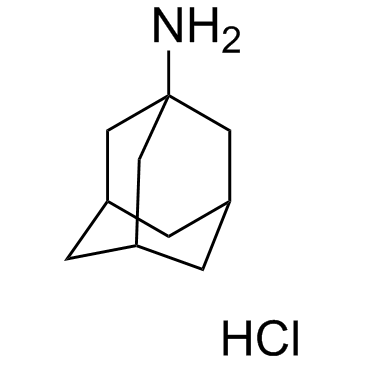
665-66-7 |
| Literature: Hays, David S.; Fu, Gregory C. Journal of Organic Chemistry, 1998 , vol. 63, # 9 p. 2796 - 2797 |
|
~82% 
665-66-7 |
| Literature: Tsutsui, Hironori; Ichikawa, Tomoko; Narasaka, Koichi Bulletin of the Chemical Society of Japan, 1999 , vol. 72, # 8 p. 1869 - 1878 |
|
~% 
665-66-7 |
| Literature: Organic Letters, , vol. 11, # 2 p. 433 - 436 |
|
~% 
665-66-7 |
| Literature: WO2007/96124 A1, ; Page/Page column 15-16 ; |
|
~10% 
665-66-7 |
| Literature: Huard, Kim; Lebel, Helene Chemistry - A European Journal, 2008 , vol. 14, # 20 p. 6222 - 6230 |
|
~% 
665-66-7 |
| Literature: Journal of Organic Chemistry, , vol. 45, # 26 p. 5239 - 5243 |
| Precursor 5 | |
|---|---|
| DownStream 10 | |
| HS Code | 2921300090 |
|---|---|
| Summary | 2921300090 other cyclanic, cyclenic or cyclotherpenic mono- or polyamines, and their derivatives; salts thereof。Supervision conditions:None。VAT:17.0%。Tax rebate rate:9.0%。MFN tariff:6.5%。General tariff:30.0% |




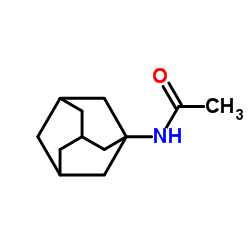




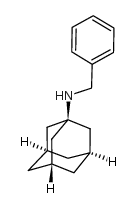
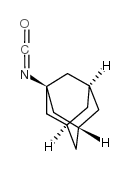
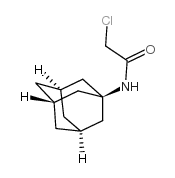
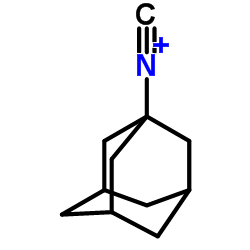
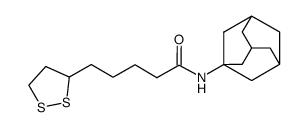
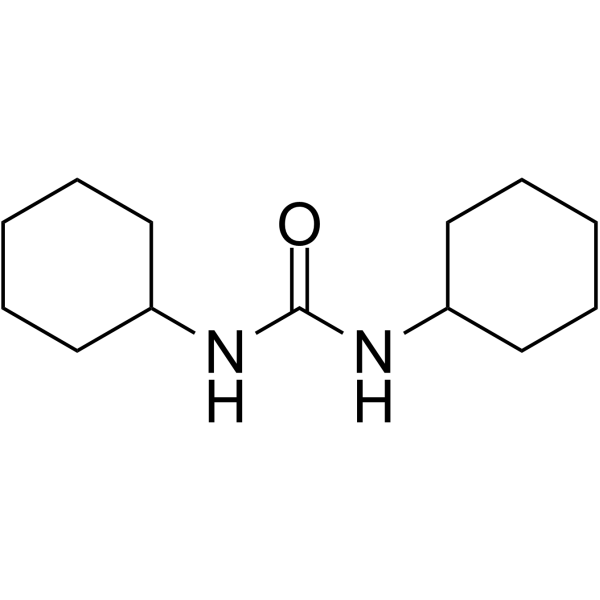
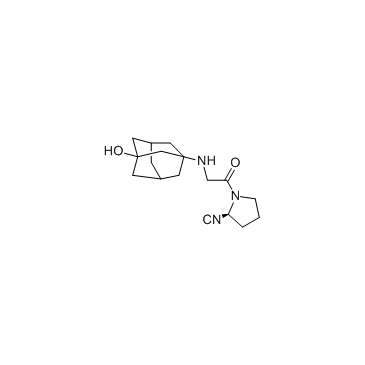
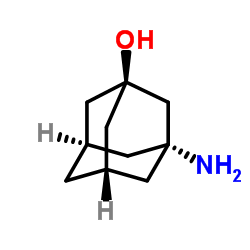
![Urea,N-tricyclo[3.3.1.13,7]dec-1-yl structure](https://image.chemsrc.com/caspic/034/13072-69-0.png)